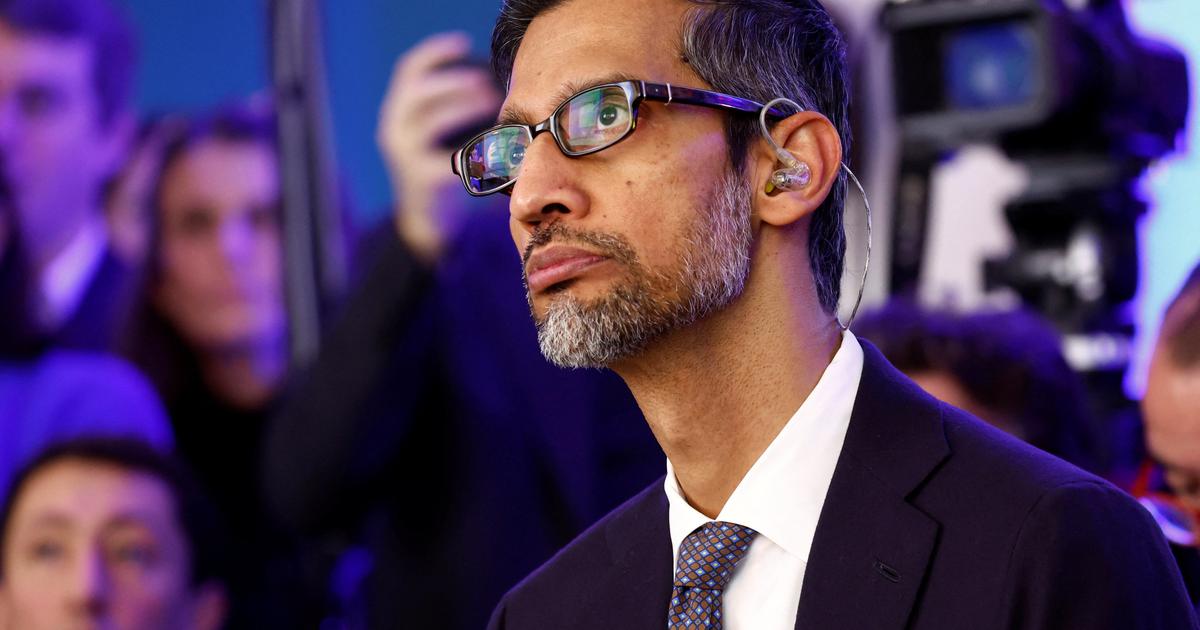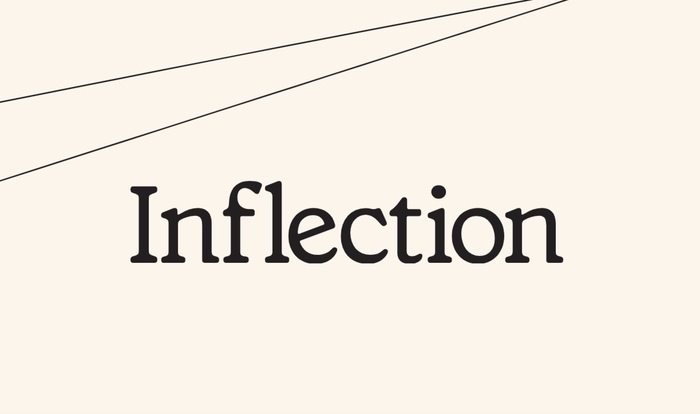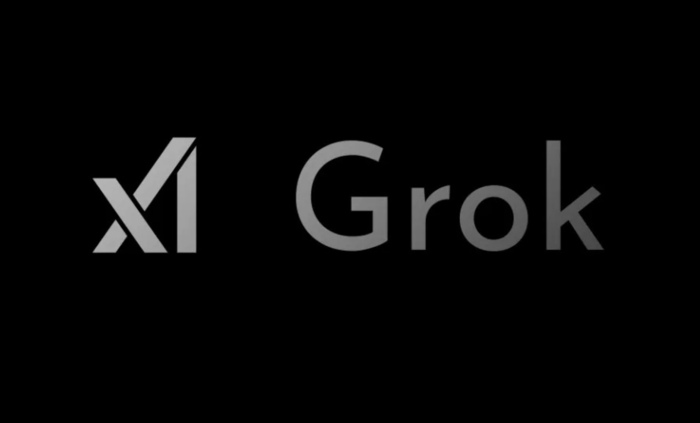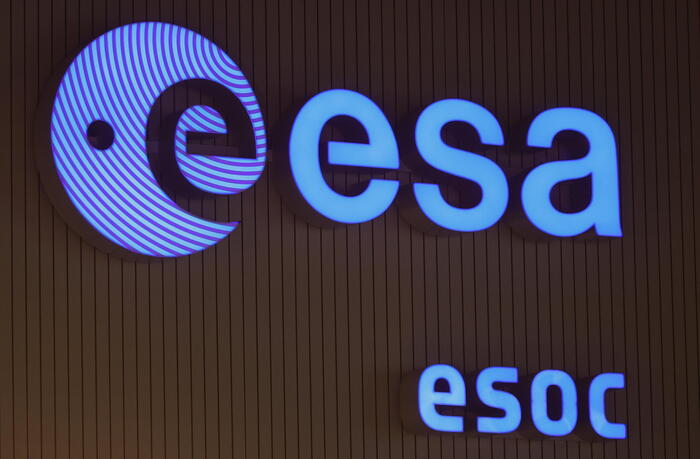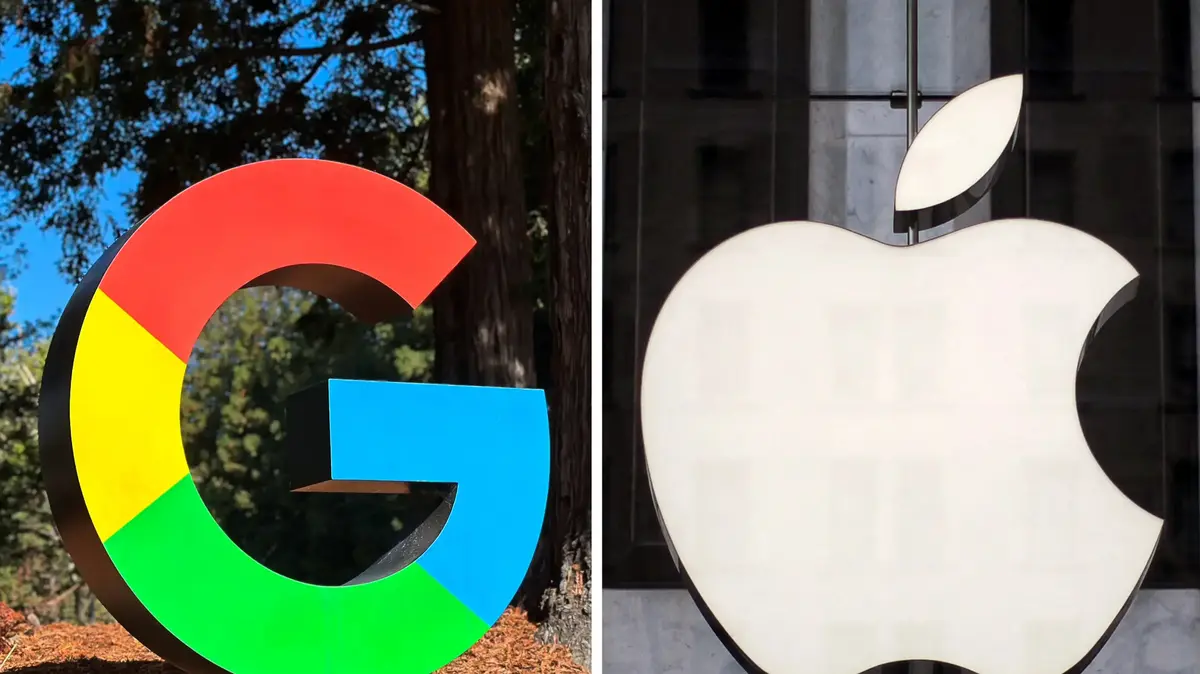A real emotional lift for French lovers of generative artificial intelligence (AI) tools. At its annual Google I/O conference, the American company announced, Wednesday, May 10, the availability of its Bard conversational robot in 180 countries but... Not in France or in its German or Spanish neighbors. Under pressure by the advent of the ChatGPT chatbot from OpenAI and Microsoft, the Alphabet group (Google's parent company) responded with its own interface, Bard, open to the public at the end of March but only in the United States and the United Kingdom as well as to applicants on the waiting list.
Looking into the details of the list of new territories concerned, we find heavyweights of AI research such as Israel or Singapore but also smaller nations such as Papua New Guinea or Tanzania. In fact, no country in the European Union - not even English-speaking Ireland - is on this privileged list.
Pending compliance
Asked by Le Parisien, Google France specifies that "the France has not yet been announced. We work closely with experts and policymakers to ensure Bard is in line with local requirements." "They are gradually deploying for reasons of caution by ensuring good reception in English-speaking countries while continuing to work on the moderation capabilities of the chatbot in other languages," says Nicolas Gaudenet, executive director in charge of AI at onepoint.
Bard's initial launch was marred by a gross blunder: the chatbot erroneously claimed that the James Webb telescope was the first observatory to take images of a planet outside the solar system. It would have been enough to "google" the question to realize it and avoid the ire of astronomers around the world. The mistake had cost a hundred billion dollars in stock market depreciation and the lesson seems to have been learned. The American company is now walking on eggshells.
Read alsoArtificial intelligence: Midjourney v5, GPT-4... the difficult fight against AI-generated "fakes"
The main reason for this "forgetfulness" could be mainly purely economic. A European regulation, the Artificial Intelligence Act, is under discussion and could thwart Bard's plans on the old continent. "Everything that will be done in AI will have to comply with the GDPR's principles on personal data protection, consent and the right to be forgotten. This regulation is clearly unfavourable to it," says Arnaud Muller, Chief Strategy Officer of Cleyrop, a specialist in data storage.
"Google anticipates the problem of its implementation in spring 2024. Why launch a product with a significant commercial effort for only a few months? " points out this expert who contributed with the lobbyist France Digitale to the work of the European Parliament.
A European legal framework under development
When contacted, the European Commission "does not comment on individual decisions of companies, let alone speculate on the potential reasons for these decisions" but unofficially the ongoing negotiation phase has clearly weighed in the decision.
"It is likely that this has cooled Google because the Bard robot has to use for its conversations data collected in violation of current European legislation," said MEP Sandro Gozi. In a curious combination of circumstances, the project received the green light on Thursday morning from the members of a parliamentary committee in Strasbourg that will have to be confirmed in plenary in June. Unveiled in April 2021 by the European Commission, this legal framework – a world first – aims to limit the excesses of artificial intelligence (AI), while securing innovation. "We do not want to block investments and projects but we have the duty to create a framework that will also apply to technologies developed in 3 to 4 years with governance that can intervene," says Sandro Gozi who voted for the text in committee.
The core of the project consists of a list of rules imposed on all systems used in sensitive areas such as critical infrastructure, education, human resources, law enforcement or migration management. Google also certainly saw the ban on ChatGPT in Italy as a wake-up call and fears similar treatment for Bard, its foal in the frantic race for AI innovation.



